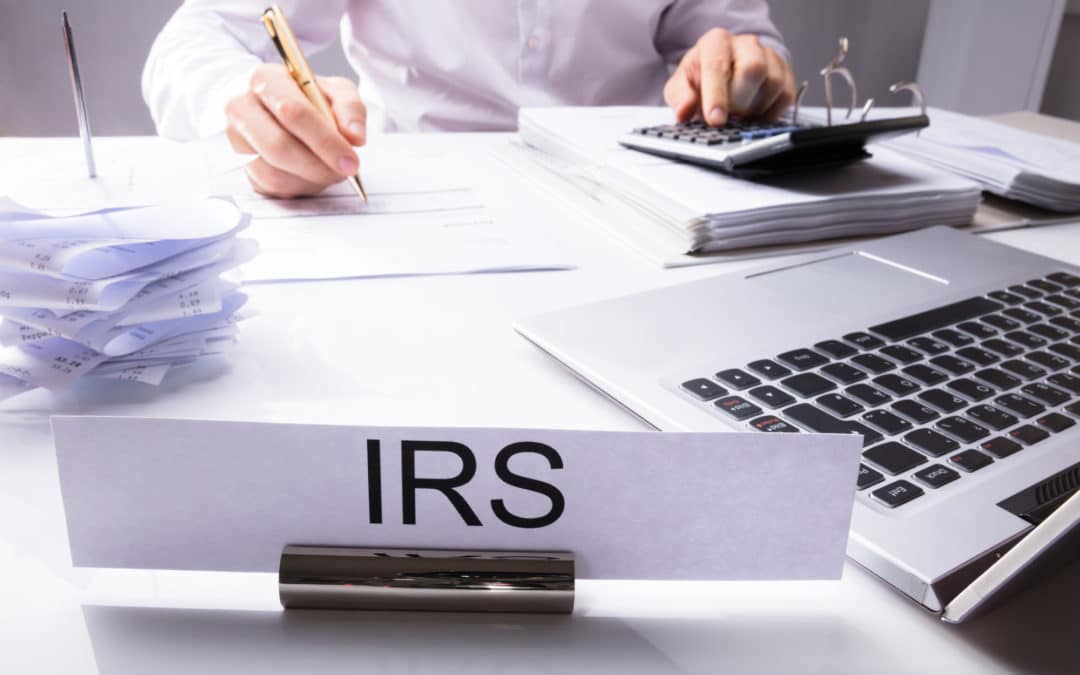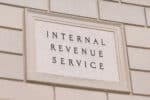To say 2020 was a difficult year would be an understatement. Record-high unemployment rates and increased debt accumulation has left a lasting impact on the financial health of many households.
This can be a painful realization during tax season, as many taxpayers have to face their financial limits and write an uncomfortably-sized check to the federal government.
Even with the tax deadline extended to May 17th, some taxpayers are finding themselves unable to pay the sum of what they owe. Have you found yourself past due on your 2020 income taxes? Keep reading to learn more about a federal tax lien, and how to find out if you’ve been affected.
What Is a Federal Tax Lien?
It’s a cautionary tale of predation and unfortunate circumstances. The worst-case scenario of a tax lien evokes pictures of debt collection and foreclosure.
In reality, a federal tax lien is a government-issued notice that a taxpayer has unpaid tax debt. This happens when a taxpayer has failed to settle a past-due balance on income or property taxes.
Real Consequences of an IRS Tax Lien
A tax lien can have serious consequences on your financial health. These include:
- Negative credit impact
- Blocked or delayed home sale
- Garnished wages
- A tax levy, or legal seizure of your property
Remember– locating and paying off a debt in full is always in your best interest, as it will release your lien after 30 days.
However, a taxpayer may try to reduce the impact of an IRS tax lien through an appeal or installment agreement.
How To Look Up a Federal Tax Lien
When a lien is soon to be imposed, the IRS will send an official notice to demand payment. Ten days after official notice is sent, the lien will be filed by the IRS.
Keep in mind that taxpayers with liens may be required to communicate with specific collections agencies. If assigned to a revenue officer, you may need to commit to in-person visits.
If you have missed IRS notices or are unsure about your status, there are a few sources you can refer to in order to identify a federal tax lien on your assets:
IRS Centralized Lien Unit
The IRS Centralized Lien Unit is a specialized department within the IRS that works to track lien payments. They are available by phone at (800) 913-6050.
Secretary of State
It may take time for liens to display in IRS records. If you aren’t able to find a record of a potential lien with the IRS Centralized Lien Unit, visit the website for your secretary of state and track down any necessary data.
Lexis Nexis Legal Database
Tax liens are public record. If you have access to the legal database Lexis Nexis, the RiskView Liens & Judgements database can provide visibility into how to resolve or dispute the lien.
Depending on the type of lien filing, following up with a tax professional may be in your best interest. They will then be able to advise on the recommended next steps.
Get Tax Relief
If you are looking to remove a federal tax lien but are unable to locate the details or pay it off directly, consulting with a tax firm that specializes in tax relief may be in your best interest.
Need help with stopping or avoiding a tax lien? Schedule a case review with an experienced professional before it becomes unmanageable.





